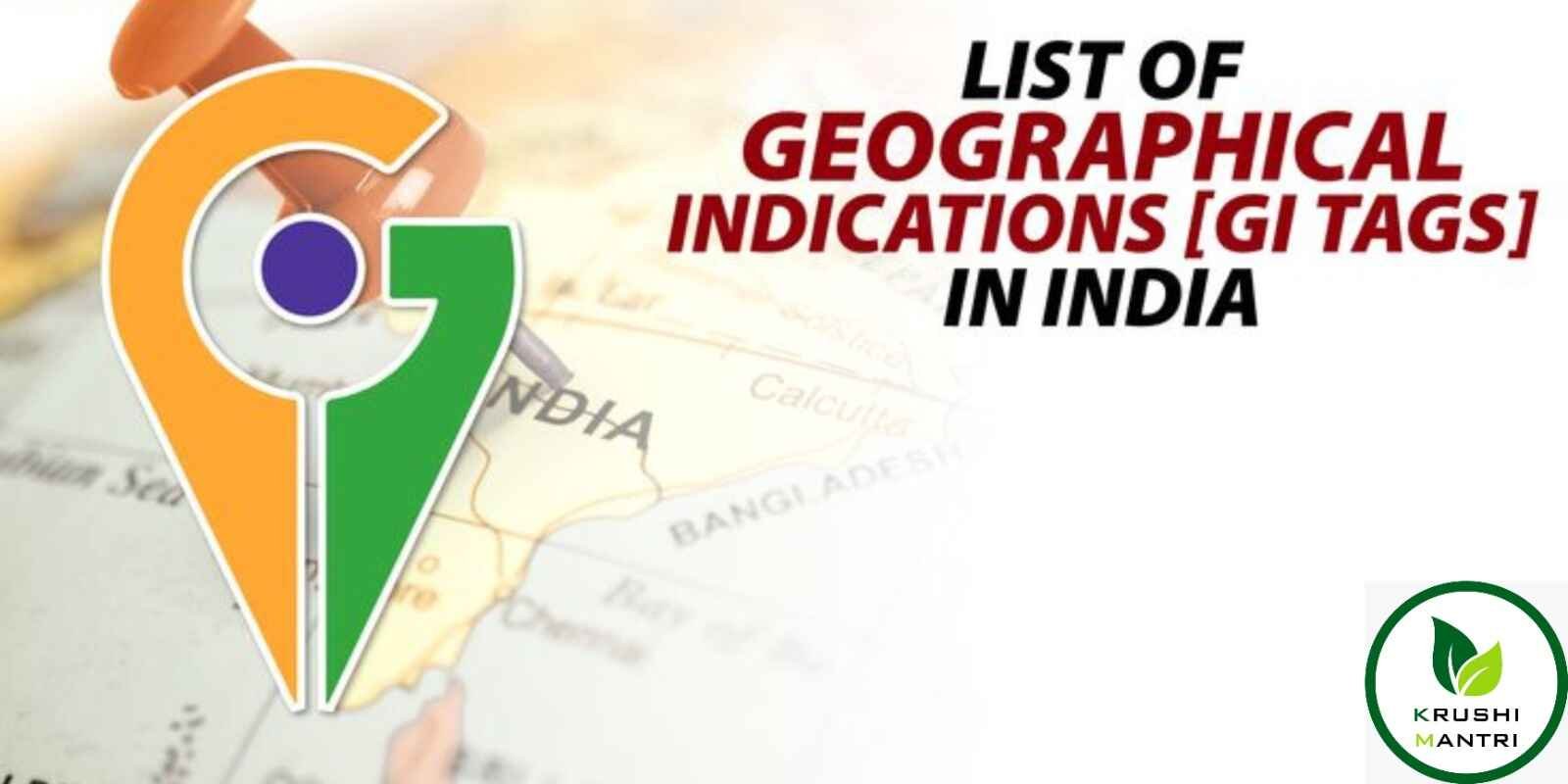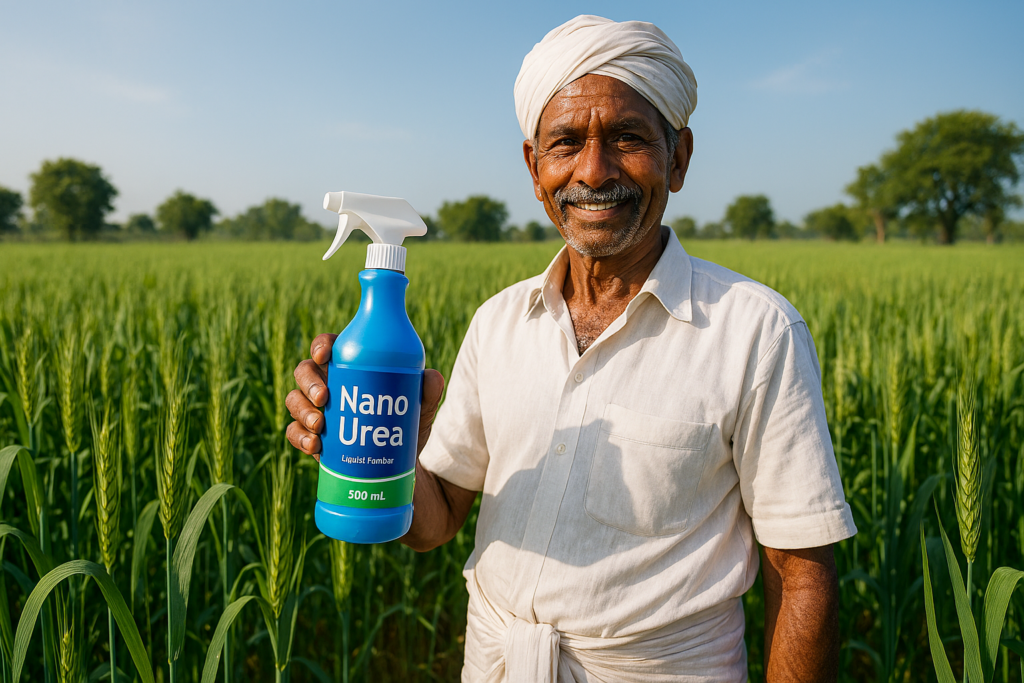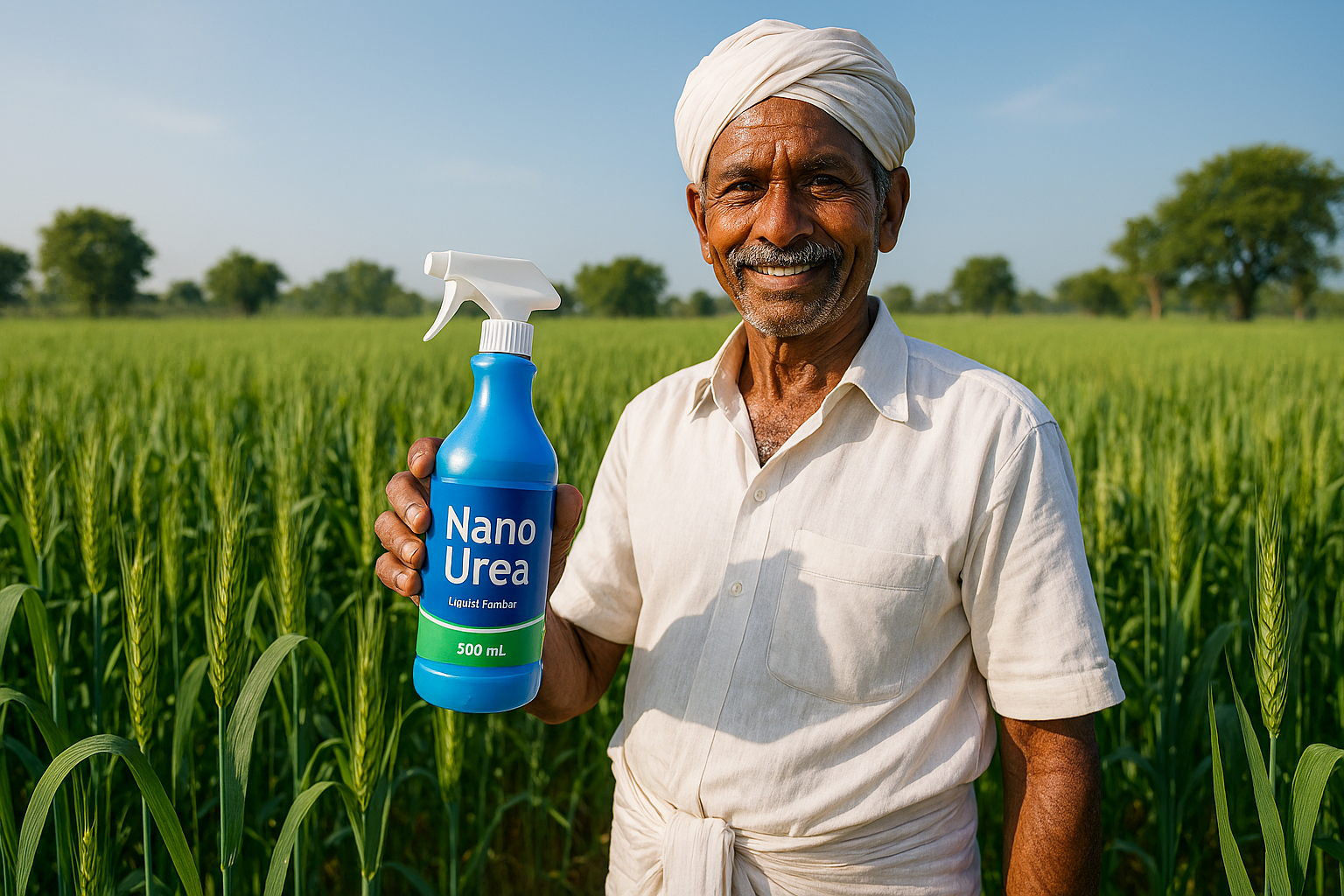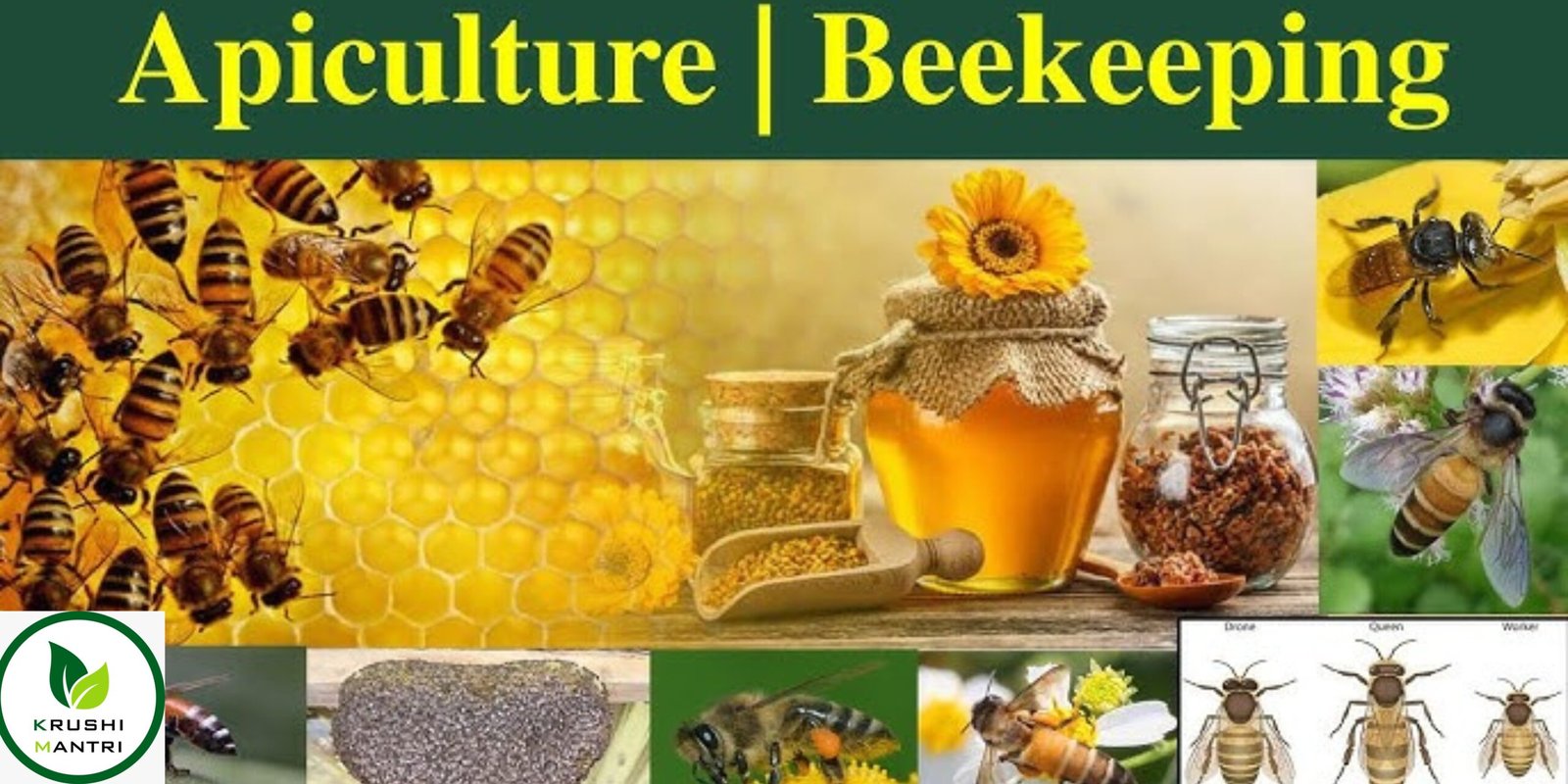Maharashtra is not only known for its cultural diversity and historical landmarks but also for its agricultural richness. Among its agricultural bounty, several products have earned the prestigious Geographical Indication (GI) tag, symbolizing their unique identity, quality, and regional specificity. These GI-tagged agricultural products stand as a testament to the state’s fertile lands, traditional farming practices, and the hard work of its farmers.
Here’s an exploration of the GI-tagged agricultural products of Maharashtra and their significance.
What is a GI Tag in Agriculture Products?
A GI tag in agriculture signifies that a product originates from a specific geographical area and derives its unique qualities, reputation, or characteristics from that location. This recognition helps protect farmers’ rights, ensures the authenticity of the product, and boosts the regional economy by adding value to these local specialties.
Maharashtra, occupying a substantial portion of the Deccan Plateau in western India, is a powerhouse of such unique agricultural products. Not only is it the second-most populous state and the third largest by area, but it is also renowned for its rich agricultural heritage. As of now, Maharashtra boasts 33 products awarded the prestigious Geographical Indication (GI) tag, reflecting the state’s diverse landscapes, traditional expertise, and commitment to quality.
This distinction is more than a label—it is a recognition that highlights Maharashtra’s agricultural legacy, much like the global acclaim enjoyed by its UNESCO World Heritage sites such as Ajanta, Ellora, Elephanta Caves, and the Chhatrapati Shivaji Maharaj Terminus. Just as these landmarks preserve cultural history, GI tags safeguard the identity and reputation of local products, helping them carve out a niche in both national and international markets.
Recent Additions to Maharashtra’s GI-Tagged Products
Among Maharashtra’s many achievements in agriculture, several products have recently joined the ranks of GI-tagged items, further cementing the state’s reputation for excellence and authenticity. Notable among these new entrants are the sought-after Alphonso mango, the vibrant Sangli Turmeric, and the iconic Kolhapuri Chappal. The inclusion of these products under the GI tag not only uplifts their distinctiveness on the global stage but also rewards the traditional knowledge and craftsmanship of local communities. Each of these additions reflects Maharashtra’s ongoing commitment to preserving its agricultural and artisanal heritage, ensuring these treasures are recognized and protected for generations to come.
GI-Tagged Handicraft Products of Maharashtra
Maharashtra’s rich tradition of craftsmanship is just as noteworthy as its agricultural heritage. The state has proudly secured several GI tags for its unique handicraft products, each reflecting generations of artistry, local materials, and cultural significance.
Some of the most celebrated GI-tagged handicrafts from Maharashtra include:
- Solapur Chaddar – Renowned for its durability and intricate weaving patterns, the Solapur Chaddar (bed sheet) is a household staple across India, symbolizing the ingenuity of Solapur’s weavers.
- Solapur Terry Towel – Known for their exceptional absorbency and softness, these towels are a testament to the region’s textile expertise.
- Puneri Pagadi – This traditional turban stands as a symbol of pride and honor in Pune, celebrated for its distinctive style and rich legacy.
- Paithani Sarees and Fabrics – Originating from Paithan, these sarees are prized for their luxurious handwoven silk and vibrant motifs, often featuring peacocks and floral patterns.
- Warli Painting – Hailing from the tribal communities of northern Maharashtra, Warli art depicts everyday village life in elegant, geometric forms that have gained global appreciation.
- Karvath Kati Sarees and Fabrics – Characterized by unique ‘saw-edged’ designs, these sarees showcase intricate craftsmanship rooted in tradition.
- Kolhapuri Chappal – These handcrafted leather sandals from Kolhapur are famous for their comfort, durability, and traditional patterns.
Through GI protection, these handicrafts receive the recognition they deserve, helping artisans preserve time-honored techniques and maintain their livelihoods.
GI-Tagged Agricultural Products of Maharashtra
1. Alphonso Mango (Ratnagiri, Sindhudurg, and Raigad)
The Alphonso mango, also known as “Hapus,” is Maharashtra’s pride. Cultivated in the coastal regions of Ratnagiri, Sindhudurg, and Raigad, it is revered for its unique flavor, rich aroma, and vibrant color. Its GI tag has ensured global recognition and premium pricing for the farmers.
A Mango With a Royal Pedigree
Alphonso, often called the “King of Mangoes,” stands apart for its irresistible sweetness, soft and fibreless texture, and brilliant orange-yellow hue with a blush of red near the stalk end. Before ripening, its skin is thick and green, turning thin and golden as it matures—signaling the perfect balance of tartness and honeyed richness.
What Makes Alphonso Unique?
- Botanical Name: Mangifera indica
- Grown In: Lateritic and medium black soils across Konkan’s coastal belt
- Fruit Features: Large size, rounded back, and prominent shoulders without a beak
- Taste Profile: Pleasant flavor, firm yet melting pulp, and a celebrated sugar-acid blend
- Shelf Life: Stays fresh for up to 21 days, making it ideal for export and processing
- Processing Friendly: Perfect for pulp, powders, leathers, and local treats like ‘khawa’
A Source of Pride and Prosperity
Alphonso mangoes account for nearly 60% of India’s mango exports, thanks to their exceptional keeping quality and global demand. The GI tag not only protects its legacy but also amplifies opportunities for local growers, ensuring that Hapus remains a treasured ambassador of Maharashtra’s agricultural excellence.
Shelf Life and Processing of Alphonso Mangoes
One of the standout merits of the Alphonso mango—apart from its irresistible flavor and fragrance—is its excellent shelf life. Thanks to its firm-yet-melting, fibreless pulp and ideal sugar-acid balance, Alphonso mangoes can remain fresh for up to 21 days under proper storage conditions. This impressive keeping quality helps ensure that farmers and traders have flexibility in transporting these prized fruits both across India and around the globe, expanding their market reach and fetching premium prices.
Beyond enjoying them fresh, Alphonso mangoes have also earned a reputation as a preferred choice for fruit processing. Their vibrant color, aromatic profile, and sweetness lend themselves beautifully to multiple products such as mango pulp, powder, leather (aam papad), and khawa. The consistency and rich taste of Alphonso mangoes make them highly sought after by manufacturers and chefs alike, supporting a range of culinary uses from desserts to beverages.
2. Mahabaleshwar Strawberry
Mahabaleshwar’s strawberries are a hallmark of sweetness, freshness, and high quality. The region’s cool climate and red laterite soil provide the perfect conditions for their cultivation. The GI tag for Mahabaleshwar strawberries has boosted local tourism and created a thriving market for farmers.
3. Ajara Ghansal Rice (Kolhapur)
Ajara Ghansal rice, grown in the Ajara taluka of Kolhapur district, is celebrated for its fine texture, aromatic qualities, and excellent taste. It is a premium variety of rice, often used for festive cooking. The GI tag has brought recognition to this traditional crop, benefiting the local farming community.
4. Ambemohar Rice (Pune)
Ambemohar rice, cultivated in the Western Ghats of Maharashtra, is a short-grain aromatic rice variety known for its mango-like aroma (“Ambe” means mango in Marathi). This rice is a favorite for making traditional dishes like masale bhaat and is highly valued for its taste and fragrance.
5. Nashik Grapes
Known as the “Grape Capital of India,” Nashik is a prominent hub for grape cultivation. Nashik grapes, particularly the table grape varieties, are renowned for their quality, sweetness, and export potential. The GI tag has further boosted the reputation of Nashik as a leading producer of premium grapes.
6. Dahanu Gholvad Chikoo (Sapota)
The Dahanu-Gholvad chikoo, grown in the coastal belt of Palghar district, is famous for its sweetness and grainy texture. The unique taste of this chikoo is attributed to the region’s soil and climate. The GI tag has safeguarded its authenticity and helped farmers gain a competitive edge.
7. Solapur Pomegranate
Solapur is well-known for its high-quality pomegranates, particularly the Bhagwa variety. These pomegranates are prized for their bright red arils, sweetness, and high juice content. The GI tag has enhanced the market value of Solapur pomegranates and provided recognition to the farmers.
8. Beed Custard Apple
The custard apples of Beed district are celebrated for their creamy texture and rich flavor. The unique climatic conditions of Beed contribute to the superior quality of this fruit, earning it a GI tag and a distinct market identity.
9. Jalgaon Banana
Jalgaon, also known as the “Banana City of India,” produces some of the finest bananas in the country. Known for their sweetness and nutritional value, Jalgaon bananas are a staple in many Indian households. The GI tag has fortified the reputation of this agricultural.

10. Nagpur Orange
Known as the “Orange City,” Nagpur produces juicy and tangy oranges that are among the best in the world. The GI tag protects their reputation and authenticity.
11. Kolhapur Jaggery
Kolhapur is renowned for its high-quality jaggery, made using traditional methods. Its unique flavor and purity have earned it a GI tag, promoting local sugarcane farming.
12. Maldandi Jowar Solapur
Mangalwedha taluka in Solapur is known for its GI-tagged Maldandi jowar, cultivated for over 500 years. Grown in rich black soil with traditional methods, this variety is resistant to pests and temperature changes. It yields high-quality grain and fodder, known for its sweetness, nutritional value, and soft bhakris. Harvested on 44,700 hectares, it is prized for its high yield and benefits to livestock, particularly in enhancing milk fat content.
13. Bhiwapur Chilli Nagpur
Bhiwapur Chilli, a GI-tagged variety from Nagpur, Maharashtra, is renowned for its intense heat, vibrant red color, and distinct flavor. Grown in the fertile soil of Bhiwapur, it is a key ingredient in Indian cuisine and spice blends. The GI tag ensures its authenticity, supporting local farmers and promoting sustainable farming practices.
14. Waigaon Turmeric Wardha
Waigaon Turmeric, a GI-tagged product from Wardha, Maharashtra, is known for its rich color, strong aroma, and high curcumin content. It is widely used in cooking and traditional medicine. The GI tag ensures its authenticity and supports local farmers, highlighting the quality of this distinctive variety.
15. Lasalgaon Onion Nashik
Lasalgaon Onion, grown in Nashik, Maharashtra, is a GI-tagged variety known for its superior quality, mild flavor, and long shelf life. It is widely used in cooking and has a strong market presence both domestically and internationally. The GI tag ensures its authenticity and supports local farmers, making it a valuable agricultural product from the region.
16. Vengurla Cashew Sindhudurg
Vengurla Cashew, a GI-tagged product from Sindhudurg, Maharashtra, is known for its large, sweet, and aromatic kernels. Grown in the coastal region, these cashews thrive in rich soil and a moderate climate. The GI tag protects its authenticity, supporting local farmers and promoting sustainable farming. Vengurla Cashew is prized both locally and internationally for its superior quality and is used in various culinary and cashew-based products.
17. Waghya Ghevada Satara
Satara Waghya Ghevada is a traditional bean variety from Satara, Maharashtra, known for its rich flavor and high nutritional value. This crop is prized for its taste and versatility in Maharashtrian cuisine, often used in curries, stews, and rice dishes. Waghya Ghevada is rich in protein, fiber, and essential nutrients. The GI tag has safeguarded its authenticity, providing better market access and fair pricing for farmers. This recognition boosts the local economy, encourages sustainable farming, and celebrates Satara’s agricultural heritage.
18. Navapur Tur Dal Nandurbar
Navapur Tur Dal, a GI-tagged variety from Nandurbar, is known for its small grain size, distinct aroma, and rich nutritional content. White in color, it is high in polyphenols, phytolectins, and protein. The traditional cooking method enhances its flavor, making it a staple in the diet of locals and tribals, prized for its unique taste and quick cooking time.
19. Sindhudurg / Ratnagiri kokam
Sindhudurg kokam, a GI-tagged fruit from Maharashtra’s coastal region, is known for its sour flavor and health benefits. Rich in antioxidants and used in cooking, juices, and traditional remedies, it aids digestion and acts as a natural coolant. The GI tag ensures its authenticity and supports local farmers.
20. Sangli Raisins
Sangli Raisins, a GI-tagged product from Maharashtra, are renowned for their superior quality, natural sweetness, and rich texture. Made from premium grapes grown in Sangli’s ideal climate, these raisins are a popular choice for culinary and snacking purposes. The GI tag ensures authenticity, boosting market value and supporting local farmers.
21. Purandar Fig
Purandar Fig, a GI-tagged product from Maharashtra, is prized for its sweetness, unique flavor, and high nutritional value. Grown in the ideal climate and soil of Purandar, this fig variety is a favorite for fresh consumption and culinary uses. The GI tag safeguards its authenticity, benefiting local farmers and promoting regional heritage.
22. Jalgaon Bharit Brinjal
Jalgaon Bharit Brinjal, a GI-tagged variety from Maharashtra, is known for its unique smoky flavor and creamy texture, making it ideal for traditional dishes like bharit (baingan bharta). Cultivated using traditional methods, this brinjal is rich in taste and nutritional value. The GI tag ensures its authenticity, supporting local farmers and preserving its regional significance.
GI-Tagged Manufactured Product: Nashik Valley Wine
Moving beyond fresh produce and grains, Maharashtra is a proud producer of the famed Nashik Valley Wine, which has earned its own GI tag. Grown and crafted in the renowned vineyards of Nashik, this wine benefits from the region’s unique climate and terroir, resulting in rich, distinctive flavors that put Nashik firmly on India’s wine map. The GI tag recognizes and protects the authenticity of Nashik Valley Wine, helping local vintners compete in both domestic and international markets.
GI Tag Applications That Were Rejected
While many of Maharashtra’s iconic products have secured GI recognition, not every application met with success. Several notable products from the state had their GI tag applications turned down by the Geographical Indications Registry in Chennai. Among these were:
- Banjara Handicrafts and Mirror Work
- Terracotta of Pen
- Silver Craft of Hupari
- Copperware of Pune
- Solapur Chutney
- Kolhapuri Masala
Applications for these products were rejected due to factors such as insufficient documentation, challenges in proving unique geographical or cultural linkage, or overlap with products from other regions. As a result, these distinctive crafts and food items continue to thrive based on local reputation but remain unprotected by the official GI framework.
Importance of GI Tags in Agriculture
Protection of Authenticity: GI tags prevent the misuse of names and ensure that only genuine products from the designated region can use the name.
Economic Benefits: These tags help farmers fetch higher prices by distinguishing their products in domestic and international markets.
Sustainability: GI-tagged products encourage the preservation of traditional farming methods and biodiversity.
Boost to Rural Economy: By promoting these products, GI tags enhance the economic stability of rural communities
GI-Tagged Success Stories: From Fields to Footwear
The true impact of GI tags can be seen in celebrated regional products like Kolhapuri Chappal, Sangli Turmeric, and Alphonso mangoes—all of which have recently received this recognition in Maharashtra.
- Kolhapuri Chappal: Crafted using centuries-old methods, these handmade leather sandals are not only eco-friendly and durable—perfect for the demands of rural life—but have also gained popularity as fashionable, comfortable footwear in urban settings. Their unique resistance to water and abrasion, along with a shape memory feature, underscores the quality and tradition protected by the GI tag.
- Sangli Turmeric: Originating from Sangli, often dubbed “Saffron City,” this turmeric stands out for its earthy, hot-peppery flavor and vibrant saffron color. The region’s unique soil and climate conditions produce turmeric with thick, fleshy rhizomes and high curcumin content, making it highly valued both as a spice and for its medicinal properties. Stored in traditional underground pits called “Peve,” Sangli Turmeric is prized for its aroma, color, and therapeutic effects, with exports reaching as far as the UK, US, and Middle East.
- Alphonso Mango: Known as the “King of Mangoes,” Alphonso is famous for its luscious texture, fragrance, and sweetness. Grown in specific districts across Maharashtra, Gujarat, and neighboring states, its distinctive orange-yellow color and long shelf life make it a favorite in both domestic and global markets. The GI tag ensures this world-renowned fruit retains its reputation and market value, benefiting local growers and processors.
These examples highlight how GI tags not only secure a product’s identity but also foster economic growth, promote sustainable practices, and preserve traditional knowledge—ensuring that both the lands and livelihoods behind these iconic products continue to thrive.
Challenges and the Way Forward
Despite the advantages, challenges like lack of awareness, inadequate marketing, and competition from counterfeit products hinder the growth of GI-tagged agricultural product goods. Maharashtra can address these challenges by:
- Organizing farmer training programs on GI tagged and its benefits.
- Promoting these products through government and private sector initiatives.
- Leveraging e-commerce platforms to reach global markets.
- Encouraging agri-tourism around these products to boost rural incomes.
Conclusion
Maharashtra’s GI-tagged agricultural products are not just commodities; they are symbols of the state’s rich agricultural heritage and the tireless efforts of its farming community. From the world-famous Alphonso mango to the humble Ajara Ghansal rice, these products are a source of pride and economic strength for the state.
As consumers, choosing GI-tagged Agricultural products is a step toward supporting local farmers, preserving cultural identity, and celebrating the uniqueness of Maharashtra’s fertile land.
For more updates on similar agricultural products information and opportunities, join our KrushiMantri channel and stay informed!
Have you tried any of these GI-tagged Agricultural products? Share your experience in the comments!
- Nano Urea & Nano DAP Complete Guide for Indian Farmers 2026 – Price, Benefits, Dosage, Disadvantages & Honest Review

- Bharat VISTAAR 2026: Complete Guide to AI Tool for Farmers – Helpline, Features, Schemes & How to Use

- Goat and Sheep Farming Business in India 2026 – Subsidy, Loan, Profit & Complete Guide

- Bharat VISTAAR Launch 2026: AI Tool for Farmers Goes Live Today – Weather, Prices, Pests & Schemes in Your Language – How to Use!

- India-US Trade Deal 2026: Soyabean Prices Crash 10%, Nationwide Protests Erupt – Full Details, Impacts & FAQ for Farmers

- How to Correct Your Farmer ID Online: A Step-by-Step Guide for Indian Farmers


















